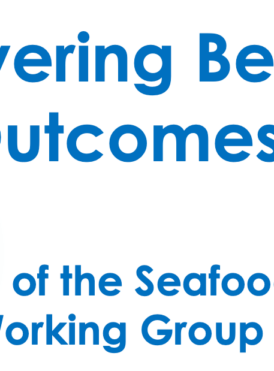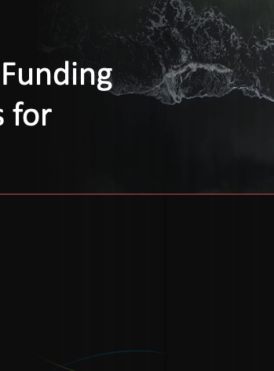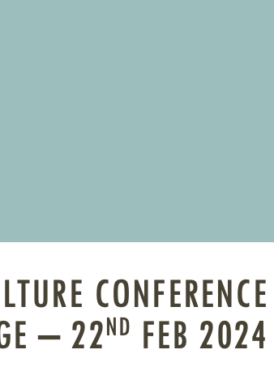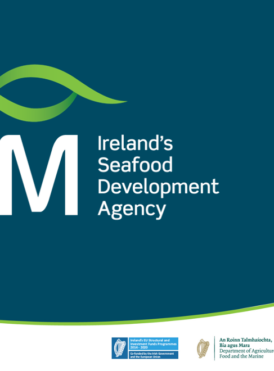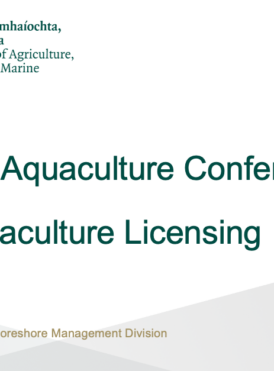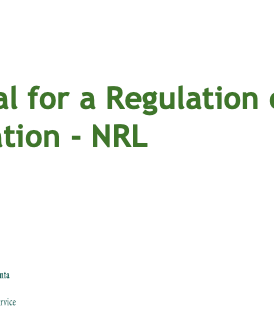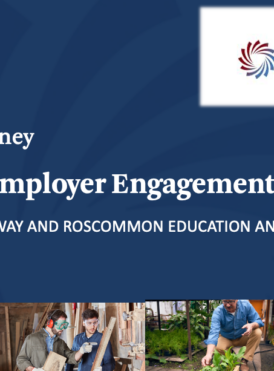IFA Aquaculture Conference 2024
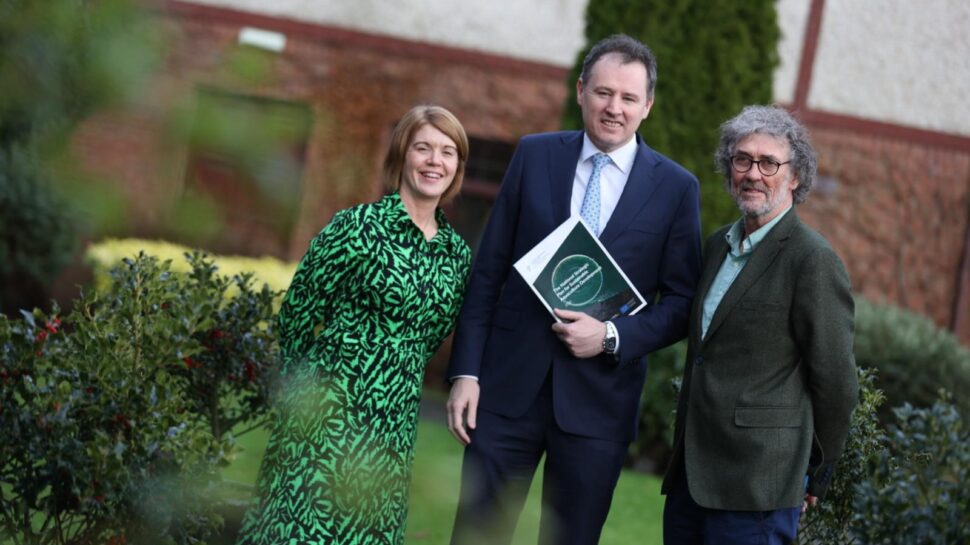
Opening the IFA Aquaculture annual conference and AGM in Limerick on the 22nd February, IFA Aquaculture Chairman Michael Mulloy addressed the increasingly difficult challenges that are having an effect on the Irish seafood industry.
“Unstable global tensions, the ongoing cost of living crisis and continued impact on global markets are all combining to take effect on the Irish Aquaculture industry. Like all farming sectors at the present time, Aquaculture farmers also feel the disproportionality of the concessions demanded by the increasing level of EU regulations. I hope we can devote some time and space to some meaningful discussions bearing in mind the collection of experience and knowledge we have here today”, he said.
The event took place ahead of the Irish Skipper Expo at the UL Sport Arena.
The Minister for Agriculture, Food and Marine Charlie McConalogue also launched the National Strategic Plan for Sustainable Aquaculture Development 2030 and addressed the conference. “I am delighted to be able to launch the National Strategic Plan for Sustainable Aquaculture Development 2030 at the IFA Aquaculture Conference today. Aquaculture in Ireland has grown significantly since it started in the 1980’s and today the sector produces around 40,000 tonnes of high value finfish and shellfish, while directly employing around 1,800 people mainly in rural locations and is a significant contributor to national seafood production and food security.”
Welcoming the publication of the National Strategic Plan for Sustainable Aquaculture Development 2030, IFA Aquaculture Chairman Michael Mulloy said that “this is a very important government policy document for the Irish Aquaculture sector as it sets out the government policy objectives and key actions until 2030.”
However, he noted that considerable investment and appropriate legislative changes will be required to achieve the objectives of the plan, “If this National Strategic Plan is to be most effective for the development of the Irish aquaculture industry, there must be an immediate effort made to reform, modernise, and improve the aquaculture licensing system.”
“The National Strategic Plan for Sustainable Aquaculture Development 2030 sets the path for the Irish Aquaculture sector so that it is resilient, competitive and is a global standard in sustainability and quality. With the implementation of this plan, I believe the aquaculture sector has the ability to build and maintain its competitive edge into the future. Appropriate legislative changes will be required to facilitate implementation of the strategic objectives and specific actions for the future sustainable development of the Irish Aquaculture sector can only be achieved if the proposed investment is underpinned by appropriate legislation and policy,” he said.
There was a very strong attendance of over 180 delegates with very positive engagement between the industry, stakeholders, DAFM officials, and state agencies throughout the day. The Marine Institute were also on hand to demonstrate the new DAFM online AquaMIS system along with a number of exhibitors that provide services to the wider aquaculture sector. Topics covered throughout the day at the conference included Aquaculture licensing, the EMFAF programme, the National Strategic Plan for Sustainable Aquaculture, Nature Restoration Law and Offshore Renewable Energy – presentations are available below.

